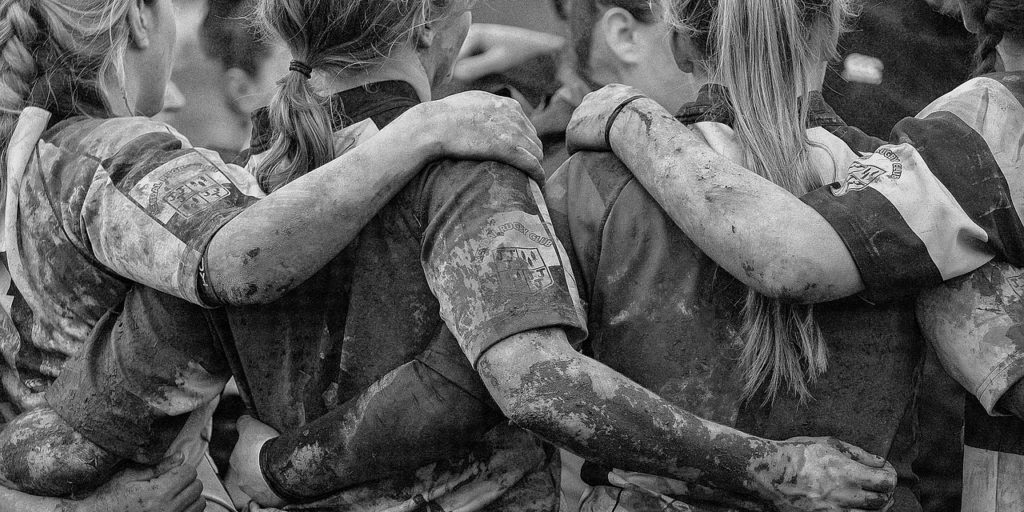- Care needed when using ethanol-fuelled firepots: McLeish - October 5, 2019
- Government changes to auto insurance need to go further, says McLeish - April 5, 2019
- Brokers have duty to inform clients of insurance options - January 5, 2019
The Ontario government’s move to introduce Canada’s first concussion legislation for young athletes in the wake of a teenage rugby player’s death, is a positive step toward how such injuries are handled by parents, teachers and coaches, says Toronto critical injury lawyer John McLeish.
“It is long overdue,” McLeish says. “There are various organizations and schools that have protocols in place now for dealing with sports concussions, but it’s not universal or mandatory. If they get the legislation right this will be a very positive step forward.”
Rowan’s Law, named for a 17-year-old girl who died after being injured while playing high school rugby, was recently introduced in the Ontario legislature with rare all-party support, reports the Canadian Press.
Rowan Stringer died in 2013 from multiple concussions, says the article.
New law
The new law would establish a committee to get the recommendations that came out of the coroner’s inquest into her death implemented within a year, reports the Canadian Press.
Those recommendations, says the article, include establishing guidelines to ensure a child is removed from play if a concussion is suspected and that they not return to play until receiving medical clearance.
McLeish, partner with McLeish Orlando LLP, says the seriousness of brain injuries is often lost on young athletes.
“There are so many opportunities for them to get struck in the head or fall and injure themselves. The brain is a very delicate organ; it’s roughly the consistency of Jello and it floats in spinal fluid inside the skull. It can be injured in a lot of ways, and it doesn’t take much.”
While parents, teachers and coaches may understand the dire consequences of ignoring a concussion, kids may not, says McLeish.
“There is still the ‘Put me back in the game, coach,’ mentality. They don’t want to not play, or lose a starting position, or not play for rest of the season. For a child, their judgment will oftentimes be poor,” he says.
A standard set of protocols related to concussions will be a welcome change, says McLeish, noting the law will also be important in setting guidelines for those who ignore the rules.
“If they have protocols in place and a schoolteacher or coach doesn’t follow those protocols and a child is injured, there will now be consequences,” he says.
York University study
A study last year from Toronto’s York University and the Institute for Clinical Evaluative Sciences found that the number of children and youth treated for concussions in both emergency departments and doctors’ offices in Ontario has risen significantly, reports the Canadian Press.
Between
2003 and 2011, almost 89,000 pediatric concussions were treated in either an
emergency department or a physician’s office, says the report, noting the rate
of concussions jumped to 754 from 466 per 100,000 for boys, and to 440 from 208
per 100,000 for girls.

